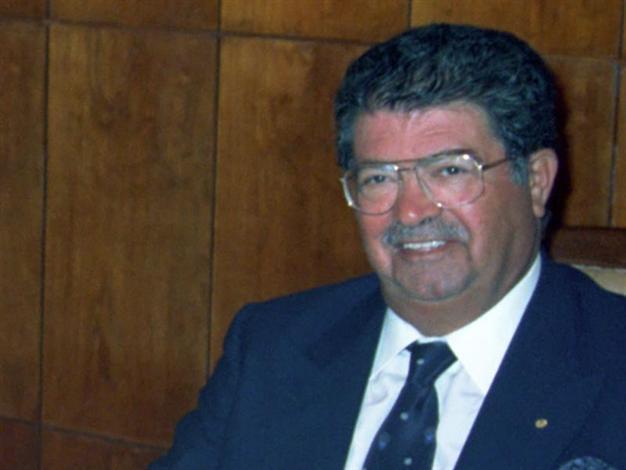Turkish ex-leader body shows poison, death cause unclear: media
ISTANBUL - Reuters

AA photo
The exhumed body of Turkey's late President Turgut Ozal, who led the country out of military rule in the 1980s, contained poison but the cause of death was unclear, local media reported an autopsy as showing on Wednesday.
There have long been rumours that Ozal, who died of heart failure in 1993 aged 65, was murdered by militants of the "deep state" - a shadowy group within the Turkish establishment of the day. Ozal had angered some with his efforts to end a Kurdish insurgency and survived an assassination bid in 1988.
Turkey's forensic institute completed the autopsy on Tuesday and the results will be sent to prosecutors investigating suspicions of foul play, state-run Anatolian news agency said.
"Poison was detected in Ozal's body during the analysis but experts could not agree on whether the cause of death was this poison," broadcaster NTV reported.
Previous media reports have said Ozal's body, dug up in October on the orders of prosecutors, revealed traces of insecticides, pesticides and radioactive elements.
"Toxic materials were found in Ozal's body but these poisons were present in a form which could be found in any person's body," one official who had seen the autopsy report was quoted as saying by Hurriyet newspaper on its website.
Forensic institute officials were not available to comment.
Ozal, whose economic reforms helped shape modern Turkey, was in poor health before his death. After undergoing a triple heart bypass operation in the United States in 1987, he kept up a gruelling schedule and remained overweight until he died.
His moves to end a Kurdish insurgency and create a Turkic union with central Asian states have been cited as motives for would-be enemies in "deep state," in which security establishment figures and criminal elements colluded.
It was Turkey's military leaders who appointed him as a minister after a period of military rule following a 1980 coup.
He went on to dominate Turkish politics as prime minister from 1983 to 1989. Parliament then elected him president, but those close to him believe his reform efforts displeased some in the security establishment.
